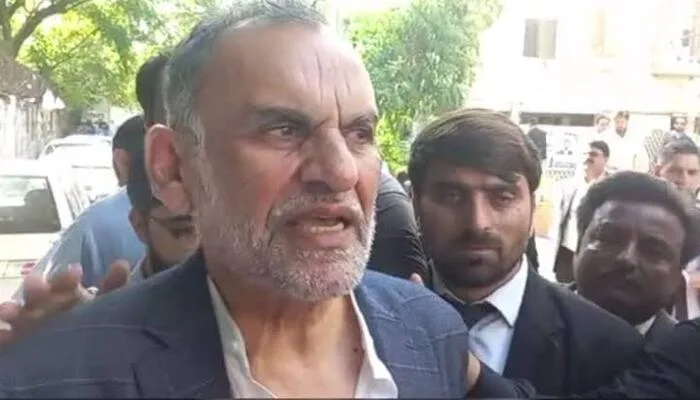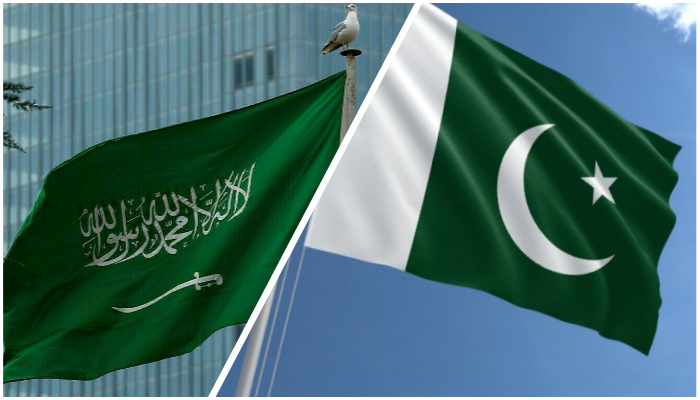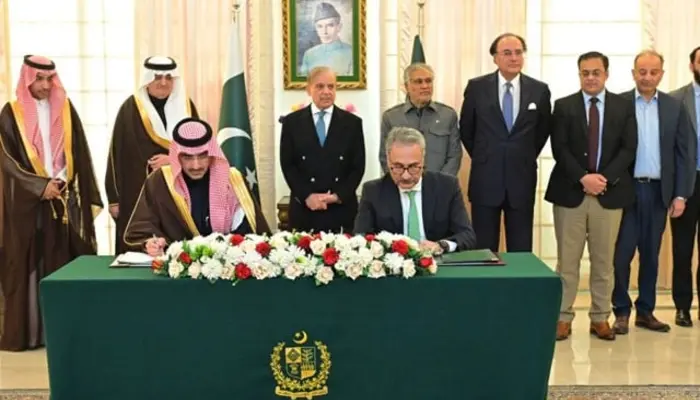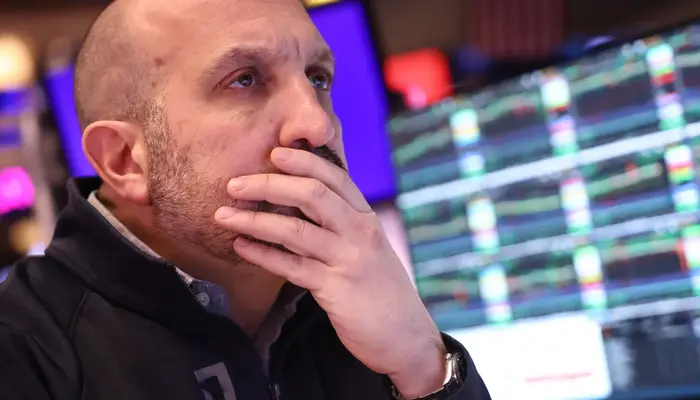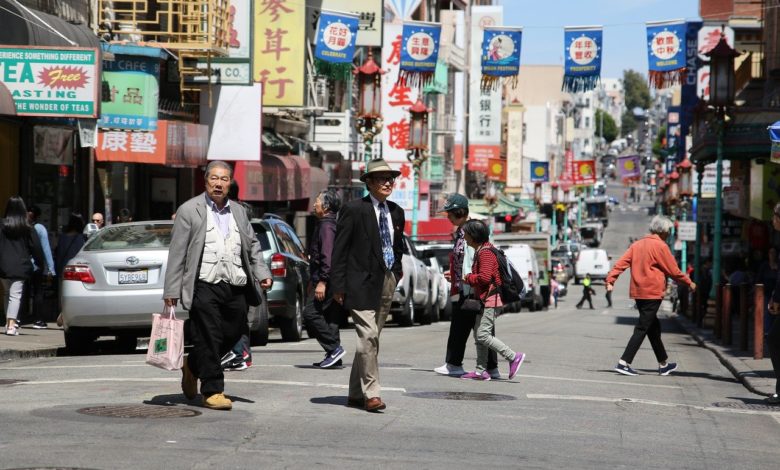
When Xi Jinping first spoke to the Chinese about the new coronavirus on January 20, 2020, after a month of silence, his strategy was set. The Communist leader goes to war to “resolutely stop” the epidemic. He must control the health disorder that arose in early December 2019 in Wuhan, a city of 11 million inhabitants, and now affects Beijing and Shanghai. Xi wants to place China at the forefront of the ongoing planetary struggle. He decides, above all, to do everything to make the world doubt the origin of SARS-CoV-2. History must forget about the “Chinese virus”.
A powerful state propaganda campaign began, the full contours of which are not yet known. It begins in the astonishment caused by the new virus, at the beginning of the year 2020. For the Chinese authorities, it is first necessary not to revive the trauma of the severe acute respiratory syndrome (SARS), the first global epidemic of the XXI e century, which they had mismanaged and which had panicked Asia in 2002-2003 (774 deaths worldwide).
In Wuhan, for several weeks, pneumonia has been raging. “At the moment, Wuhan police have arrested eight people who have spread rumors linking pneumonia to SARS,” wrote the Global Times on January 6, 2020. Fortunately, “the virus found in Wuhan appears to be much less serious than the one that has caused SARS, ” reassures, in the state newspaper, Liu Youning, an epidemiologist working in a military hospital.
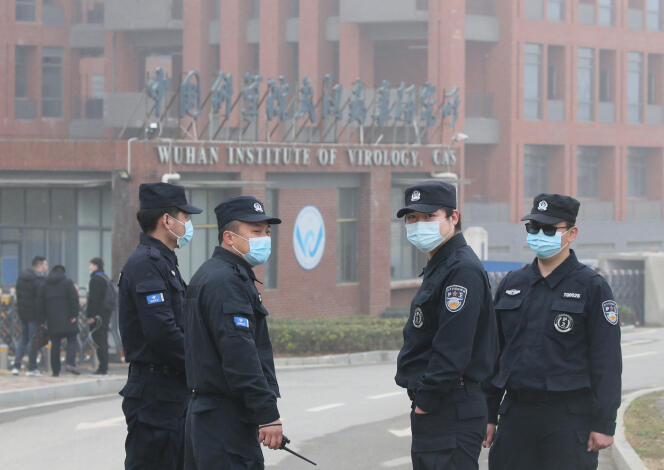
Australian channel ABC will report that, as of October 2019, dozens of people were hospitalized with symptoms of fever and cough in the regional capital of Hubei. For their part, the New York Times and ProPublica will reveal that, in order to cover up the extent of the epidemic in its infancy, Chinese propaganda has relied on 3,200 directives and 1,800 memos sent to local agents across the country.
The praise of the WHO
In Geneva, the World Health Organization (WHO) will wait three months to announce that the planet is facing a new pandemic on March 11. For Beijing, which has strengthened its influence there in recent years, the institution is under control. As early as 2017, its director, Tedros Adhanom Ghebreyesus, sang the praises of the “Chinese health model” , suggesting that there should be a “health silk road” as part of the “Belt and Road Initiative” project. that Beijing is developing in the world.
You have 89.62% of this article left to read. The rest is for subscribers only.


